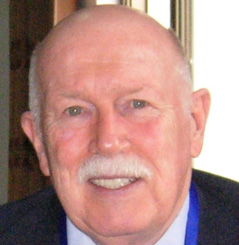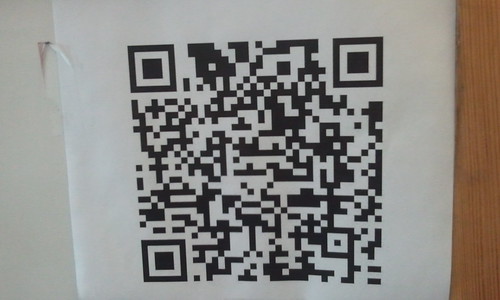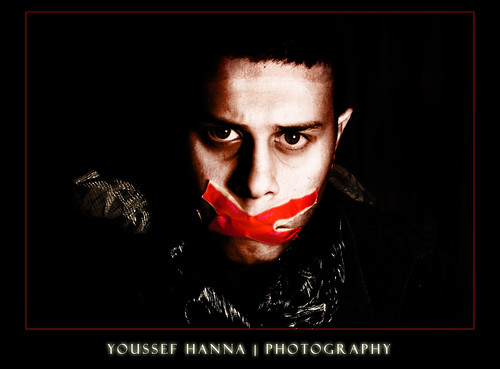Any attempt to use the recently passed Monsanto's Dream Bill to ban state GMO labeling laws to curtail the clear label information in those laws probably violates the First Amendment to the Constitution of the United States. All such attempts should be resisted by all such states with those laws and local groups in each state should join that resistance. The DARK act cannot be allowed to block the light. and the consumers right to know and the states protecting such rights. Commerce is not impeded by the States' insistence on its citizens right to know, and anyway, the First Amendment did modify the Commerce clause in the Constitution..
Freedom of Speech and Freedom of the Press encompasses the right to hear and see, or it cannot exist. Passed by Congress September 25, 1789. Ratified December 15, 1791. The first 10 amendments form the Bill of Rights
"Everyone has the right to freedom of opinion and expression; this right includes freedom to hold opinions without interference and to seek, receive and impart information and ideas through any media and regardless of frontiers." United Nations General Assembly (December 10, 1948). Universal Declaration of Human Rights. Palais de Chaillot, Paris: United Nations. pp. Article 19.Text
"I would not in this case decide, even by way of dicta, that the Government may lawfully seize literary material intended for the purely private use of the importer. The terms of the statute appear to apply to an American tourist who, after exercising his constitutionally protected liberty to travel abroad, returns home with a single book in his luggage, with no intention of selling it or otherwise using it, except to read it. If the Government can constitutionally take the book away from him as he passes through customs, then I do not understand the meaning of Stanley v. Georgia." Potter Stewart, Associate Justice of the Supreme Court of the United States (United States v. Thirty-Seven Photographs, 1971).
"Speech is an essential mechanism of democracy, for it is the means to hold officials accountable to the people. [...] The right of citizens to inquire, to hear, to speak, and to use information to reach consensus is a precondition to enlightened self-government and a necessary means to protect it. [...] By taking the right to speak from some and giving it to others, the Government deprives the disadvantaged person or class of the right to use speech to strive to establish worth, standing, and respect for the speaker's voice. The Government may not by these means deprive the public of the right and privilege to determine for itself what speech and speakers are worthy of consideration. The First Amendment protects speech and speaker, and the ideas that flow from each." Anthony Kennedy, Citizens United v. Federal Election Commission, 558 U.S. 310 (2010) (Opinion of the Court).
"When Government seeks to use its full power, including the criminal law, to command where a person may get his or her information or what distrusted source he or she may not hear, it uses censorship to control thought. This is unlawful." Anthony Kennedy, Citizens United v. Federal Election Commission, 558 U.S. 310 (2010) (Opinion of the Court).
The precedents are clear, and the States and their citizens must resist any attempt by Monsanto or anyone else to enforce the DARK act against State information labeling laws.







